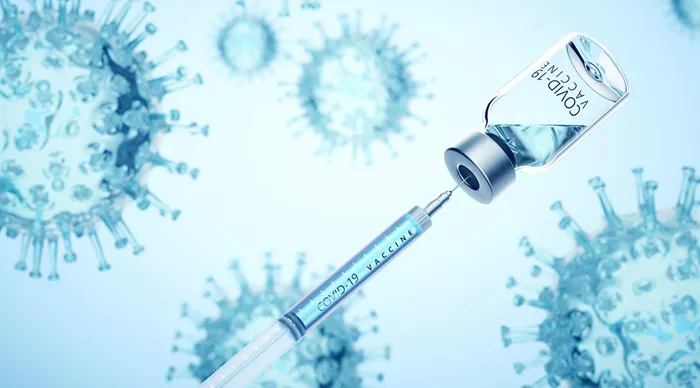The United Nations will convene its second High-Level Meeting on Antimicrobial Resistance (AMR) today, marking a critical event during the General Assembly’s high-level week. The meeting underscores the urgent need for global action to combat AMR, which poses a growing threat, particularly to low- and middle-income countries.
AMR occurs when pathogens such as bacteria, viruses, fungi, and parasites become resistant to treatments, making infections harder to treat and leading to increased illness and mortality rates. Without decisive measures as outlined in the meeting’s political declaration, the situation could deteriorate further, causing widespread suffering.
The declaration was the result of intergovernmental negotiations co-facilitated by Malta and Barbados. This morning’s meeting will be livestreamed on UN Web TV, allowing global access to discussions and developments. A media briefing featuring Barbados Prime Minister Mia Mottley, the WHO Director-General, and other Quadripartite leaders will take place from 9:00 to 9:30 AM EDT.
As part of the preparatory efforts for this High-Level Meeting, a multi-stakeholder hearing on AMR was organized on May 15, 2024. This event provided a platform for stakeholders from various sectors to contribute insights before the final negotiations on the political declaration. The hearing received support from key organizations, including the World Health Organization (WHO), the Food and Agriculture Organization (FAO), the United Nations Environment Programme (UNEP), and the World Organisation for Animal Health, collectively known as the Quadripartite.
The first UN High-Level Meeting on AMR was held in 2016, marking the beginning of a concerted global effort to address this pressing public health issue. As the world faces increasing challenges related to AMR, today’s meeting aims to galvanize action and commitment from member states and stakeholders.
In conclusion, the High-Level Meeting on AMR represents a crucial step in addressing a significant health threat, aiming to foster international collaboration and establish effective strategies to mitigate the impact of antimicrobial resistance worldwide.
Related topics:


